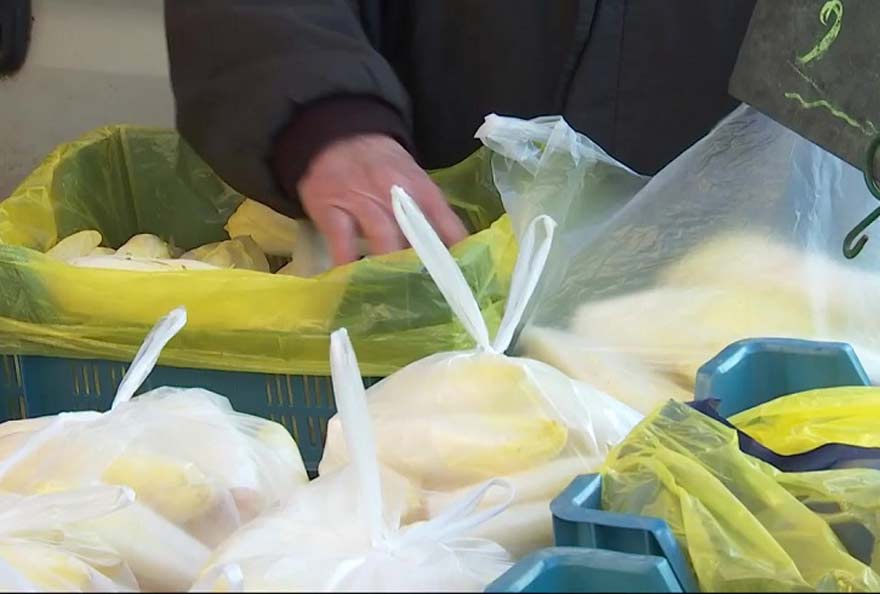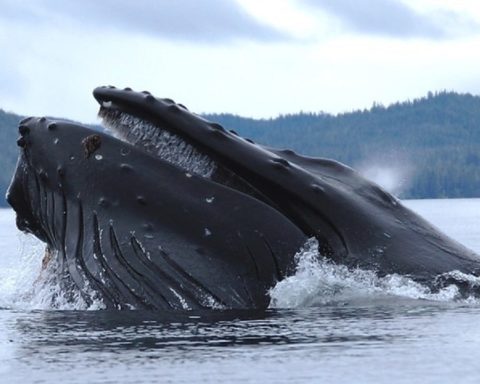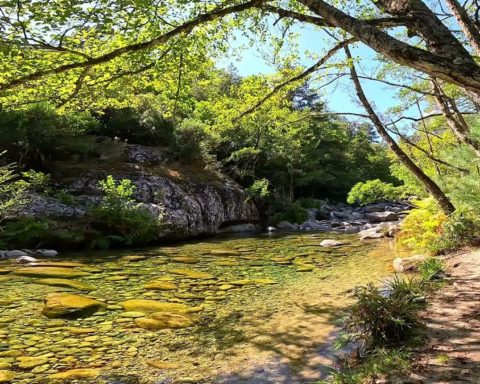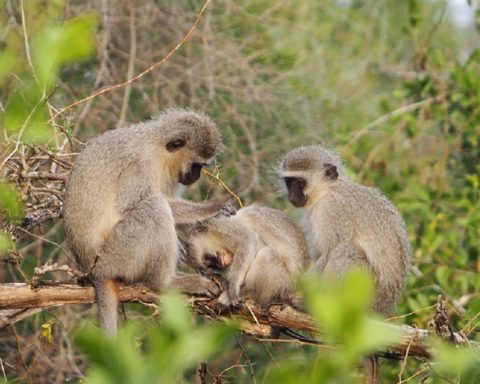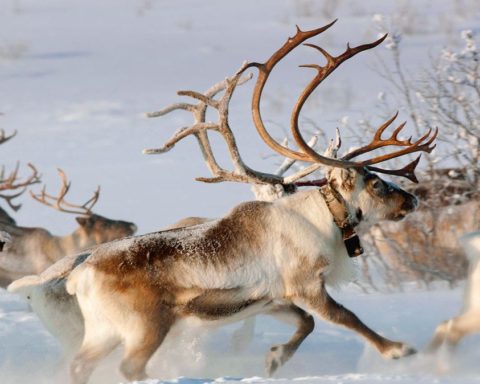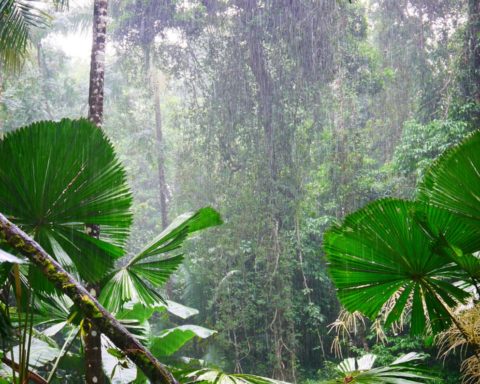READ ALSO IN UP' : The invasion of plastic will make it the fossil of the Anthropocene...
3000 jobs created

READ ALSO IN UP' : The invasion of plastic will make it the fossil of the Anthropocene...

Why not enjoy unlimited reading of UP'? Subscribe from €1.90 per week.



Already registered? I'm connecting
Register and read three articles for free. Subscribe to our newsletter to keep up to date with the latest news.
→ Register for free to continue reading.

You have received 3 free articles to discover UP'.
